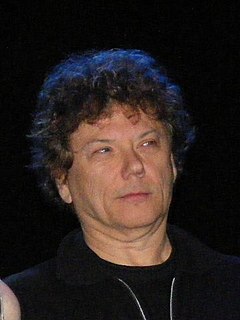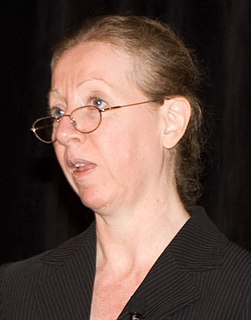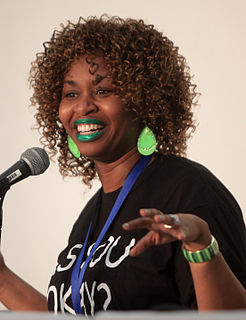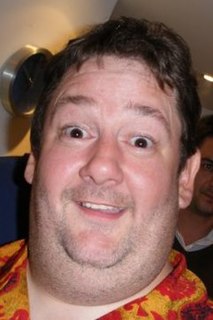A Quote by Peter Morgan
I'm very happy for others to engage in conjecture, but if I was ever conscious of what I'm thinking about when I'm writing, oh my God, I'd be totally lost.
Related Quotes
For better or worse we live in a very exposing [time] where, if you choose to, everyone can see everyone's business. You see what they're having for breakfast, where they are, what they're doing. Whereas I think that classic idea of mystery is very seductive. Not knowing every single thing about a person, what they're thinking, that's very powerful. And it would be a shame if we lost that totally.
"Nothing is ever lost" means that what we are now goes all the way back through natural history. We are biological organisms and not simply computerized brains. By focusing totally on the present, thinking only about science and computers, and forgetting four billion years of life on this planet, we are losing perspective on who and what we are.




































